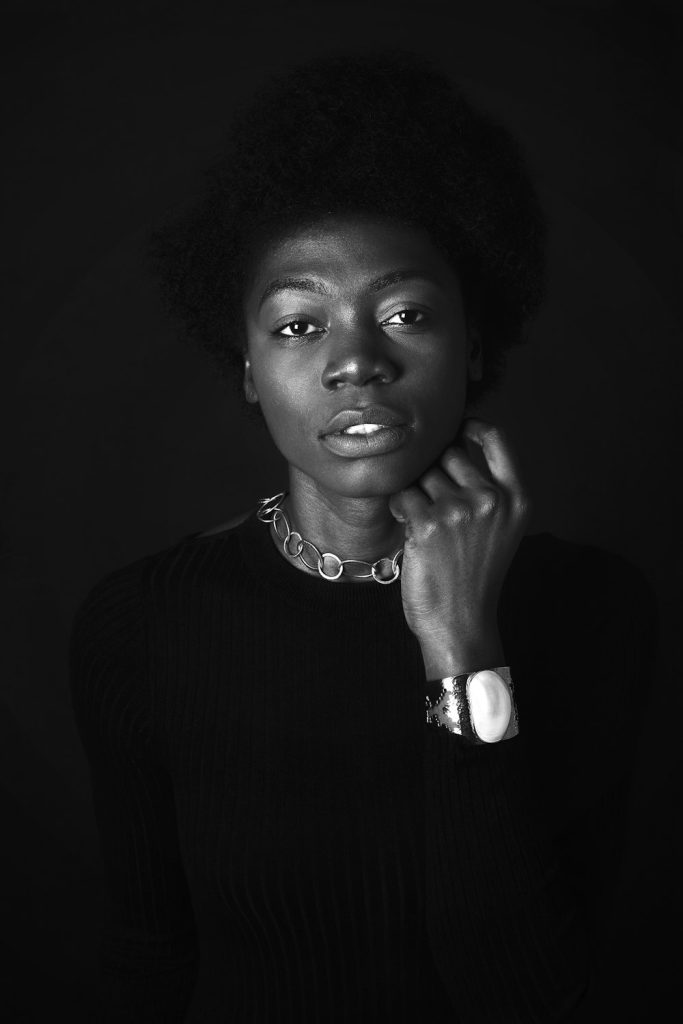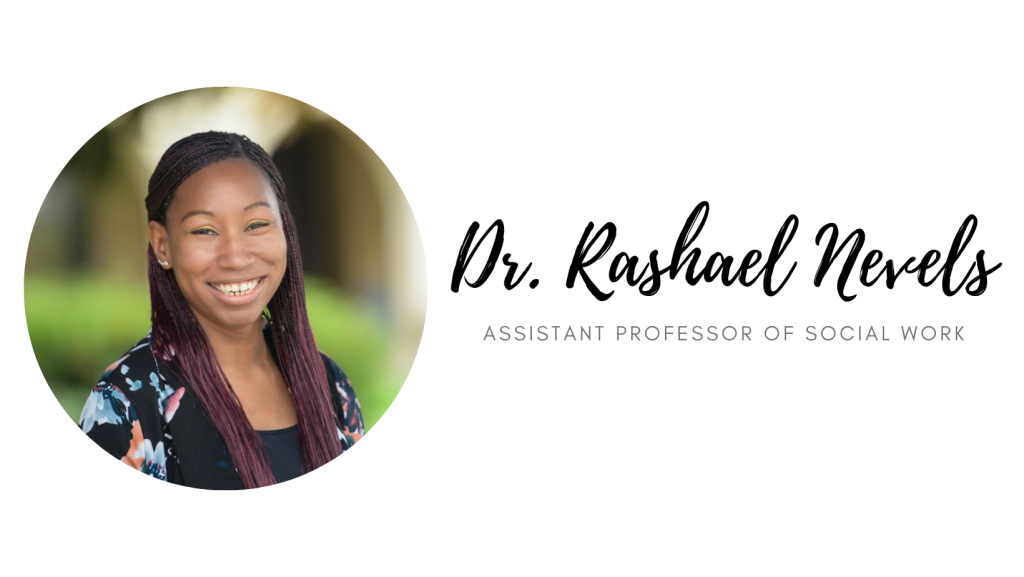
When I think of Black History Month, I think of Black culture within this country. Black culture is often reduced to the aesthetics of Black people and not the contributions that are so deeply woven into the fabric of America as if sewn with the finest needle. Many people are quick to highlight their favorite hip-hop or R&B songs, dance moves, fashion choices, and even their favorite athletes. Others obsess over seeing the versatility and texture of Black people’s hair, the sun-kissed melanin skin, full lips, and curves while often forgetting the very bodies of Black people were once treated like cattle and sold on auction blocks.
Black people, black culture is so much more than the aesthetics you may see, and our culture runs deep, our contributions even deeper.
Contributions to Medicine and Science

This Black History Month, I choose to highlight the contributions of Black people. Some contributions are often unspoken, as if quietly swept under an old rug.
There’s the phrase “the sky is the limit,” which Mae Jemison, an engineer, physician, and astronaut, proved true in 1992 when she became the first African American woman in space. I remember reading in elementary school about Sally Ride, the first American woman in space, but when I read about Mae Jemison, it opened my eyes and made me believe that I, a young Black girl at the time, could actually leave the inner city, become an astronaut, and travel to space. Of course, that was before I realized my baseline for rollercoaster rides is somewhere between The Little Mermaid and It’s a Small World.

Henrietta Lacks was an African American woman born in 1920 whose cells, known as “HeLa cells,” were unknowingly taken in 1951 during her cancer treatment without her consent. The HeLa cells are often called immortal cells as they were the first human cells to reproduce indefinitely and are still being used today. It has been instrumental in the medical field, specifically in research regarding cancer treatments, HIV and AIDS, infectious disease, in vitro fertilization, COVID-19 and the development of the polio vaccine. Can you imagine where medicine would be without the HeLa cells?
Have you ever donated blood or know someone who needed a blood transfusion? Charles R. Drew was an African American surgeon and researcher born in 1904 who transformed healthcare through his innovation of blood banks and blood transfusion techniques, which effectively store blood and plasma over long periods. His innovation is vital to healthcare as blood banks and transfusions have saved countless lives. He also served as the first medical director of the Red Cross.

Can you envision going in for surgery and being awake the entire time? Well, Lucy, Betsey, and Anarcha were enslaved women in Alabama in the 1800s who were subjected to medical experimentation for years without their consent or the use of anesthesia. These procedures performed by James Marion Sims paved the way for gynecology. Although Sims is credited as the father of gynecology, the inhumane treatment of Lucy, Betsey, and Anarcha allowed him to perfect his craft. It was yet again the exploitation of the Black body that helped advance healthcare.
Contribution to Education
I remember sitting in my fourth-grade class, and the teacher rolled in a tv and told the class that we would watch a movie since it was a rainy day. The film “Ruby Bridges” told the story of Ruby Bridges, who was only six years old when she became the first African American child to integrate into an all White school in New Orleans in 1960. Just let that sink in…the school system in this country has only been integrated for 64 years. At such a young age, Ruby Bridges faced racism and discrimination, but her resiliency paved the way for an integrated school system and her advocacy as a Civil Rights leader.

Contribution to Civil Rights Movement
We often hear of Martin Luther King Jr and Malcolm X, but it is important to mention Thurgood Marshall. Thurgood Marshall, born in 1908, was a lawyer and Civil Rights activist who attended Howard University Law School. He served as the first Black Supreme Court Justice in the United States and one of his most prominent cases was Brown v.s. Board of Education where the Supreme Court found segregation in public schools to be unconstitutional.
Why This Matters
It is my hope that when Black History Month or the conversation of Black culture arises, people will understand the depth of the contributions of Black people in this country. There is much more to Black culture than the aesthetics, entertainment, and athleticism that is often showcased. Black people have transformed medicine, science, education, and more. In some cases, it was the very exploitation of the Black body that has significantly contributed to the development of this country.

Dr. Rashael Nevels is an Assistant Professor within the Division of Social Work at California Baptist University. She received her Doctor of Social Work degree from California Baptist University, her Master of Science degree in Counseling Psychology with a dual emphasis as a Marriage and Family Therapist and Professional Clinical Counselor from California Baptist University, and her Bachelor of Arts degree in Psychology from the University of California, Riverside. Dr. Nevels is a clinician who is passionate about advocating for the social justice of underrepresented and marginalized groups, specifically those who are unhoused and experiencing severe mental illness. Her work in social services has allowed her to see the firsthand impact of homelessness on this community. Her current research focuses on addressing homelessness among those with severe mental illness within the African American community.